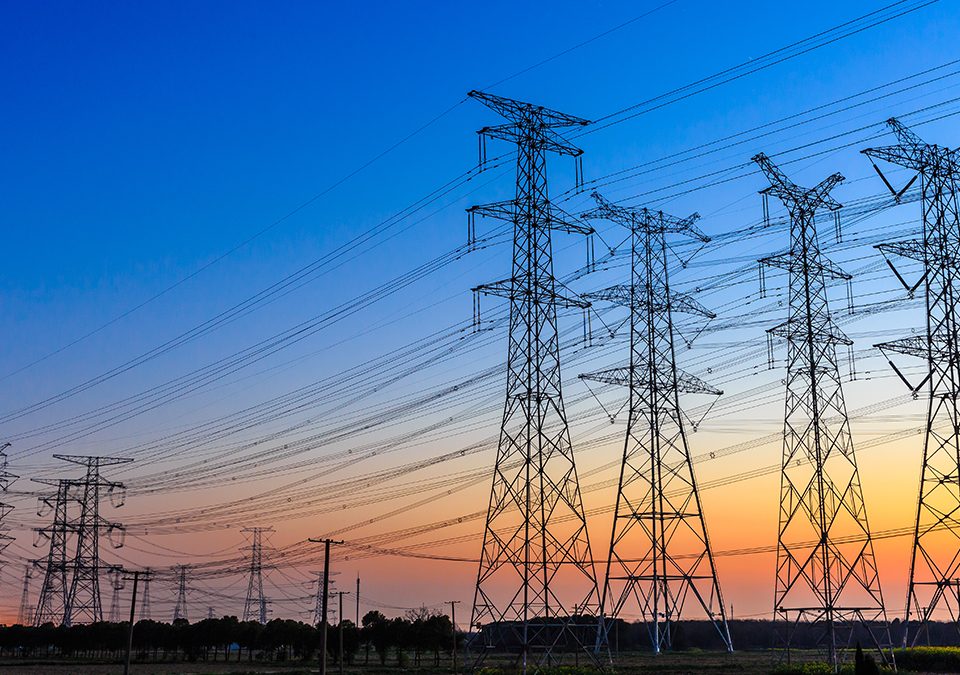U.S Takes Steps to Secure Supplies of Rare Earth Minerals Critical for Energy Independence
How Will the Golden State Meet Its EV Dreams?
October 8, 2020Supreme Court Inches Closer to Hearing Coal Export Case
October 22, 2020“The United States now imports 80% of its rare earth minerals directly from China.” That was the startling fact included in President Trump’s Executive Order published last month directing the Secretary of the Interior to “…investigate our Nation’s undue reliance on critical minerals…from foreign adversaries.”
Since 2010 we’ve discussed the U.S. energy independence vulnerabilities associated with our overwhelming dependence on China and other not-so-friendly countries for critical supplies of rare earth minerals. These are critical minerals needed to transition further into a more renewable energy economy while maintaining an affordable and reliable energy supply. Fast-forward ten years, and we’re still having that discussion because, if anything, the U.S. dependency on adversaries for rare earth minerals has gotten worse.
Gallium, barite, and graphite. This trio of minerals is essential for the future energy security of the United States. But, except for graphite, not many Americans have heard of these elements, and many more don’t understand how crucial they are to the domestic supply of affordable and reliable energy.
Let’s take barite, for example. Did you know that this rare earth mineral is absolutely critical, if not indispensable, in natural gas production? How, might you ask? Natural gas producers utilize barite in drilling mud used during the hydraulic fracturing process. According to the Energy Information Administration, natural gas production grew again in 2019, increasing by 10%. As we recently blogged, it was critical in keeping the lights on California last month when catastrophic wildfires and high temperatures plagued the state.
Without barite, or with it in scarce supply, the U.S. supply of affordable and reliable natural gas would be at risk. Significant barite deposits have been discovered in Georgia, Tennessee, Nevada, Missouri, as well as Mexico and Canada. Yet, the U.S. imports over 75% of its barite needs. What’s more troubling is that over 50% of those imports originate in China.
If the U.S. significant dependence on China for barite scares you, its overwhelming reliance on the world’s second-largest economy for gallium should downright shock you. Why? The U.S. imports 100% of its gallium demand, with 95% of those imports from China.
Why is this dependency an “Achilles heel” for the U.S.? Simply put, the U.S. will need an ample supply of gallium as it continues to transition to a much more renewable energy economy.
Gallium, combined with arsenic, creates a crucial compound known as Gallium Arsenide. Last month we discussed California Governor Gavin Newsom’s Executive Order calling for 100% of new car sales in the Golden State to be zero-emission by 2035. The U.S. will need a robust supply of gallium to accomplish this goal, in not only the most populated state but in other states pursuing greater adoption of electric vehicles (EVs).
Gallium arsenide chips are critical in the processing of high-frequency radio signals produced by EVs. Gallium will also play another essential role in the continued development of renewable energy. Gallium Arsenide wafers better absorb and convert high energy photons into solar energy, making them the logical successor to silicon solar panels.
Another rare-earth mineral critical in the new energy economy is graphite. And, you guessed it, “China produces over 60 percent of the world’s graphite and almost all of the world’s production of high-purity graphite needed for rechargeable batteries.”
Without a doubt, the U.S. should be proud of its steps in transitioning to a more renewable energy economy. Yet, if the President’s executive order on rare earth minerals tells us anything, our new energy economy is built like a “house of cards” dependent on the good-will of foreign adversaries. This is an untenable situation! We must have our own domestic supply of critical rare earth minerals to ensure a future with affordable and reliable energy.



